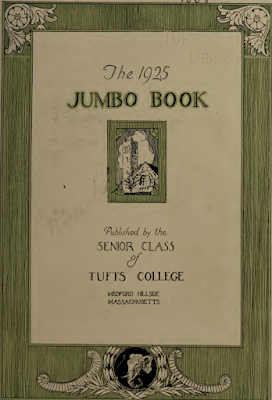As I continue to draft bite-sized bios of my husband's great-grandparents, Mary Amanda
Demarest (1831-1897), husband Thomas Haskell
Wood (1809-1890), and their children, I'm examining what was going on in their lives. This helps me put each ancestor into the context of the time, place, and ongoing family situation. Even if I write only a sentence or two for the wee ones, it keeps their memory alive for the future.
Bride from New York, groom from Massachusetts
Thomas Haskell Wood was born in Massachusetts and his bride Mary Amanda Demarest was born in New York, yet they married in Iberville Parish, Louisiana, in 1845.
The Wood family was based in the whaling community of New Bedford, many working in the industry. There's some evidence that Thomas signed onto a whaling ship in New Bedford years earlier. He may have arranged to bring Mary to Louisiana by ship for an elopement, but we have no proof.
Their 17 children were born in three states from 1846 to 1875. At left, the names and dates of their five girls and twelve boys. Mary was 15 when her first child arrived, and nearly 45 by the time the last child arrived.
Three born in Louisiana, 1846-1850
Jane "Jennie," Thomas, and John--the first three children--all were born in Iberville Parish, Louisiana.
Only Jane survived to adulthood, unfortunately. Thomas drowned at age 12, and John died at age 8.
Why the family left Louisiana, no one has any idea. Thomas Haskell Wood was a carpenter and much later, a coach builder, so he could go wherever work was available. But they must have had a good reason to pack up and move 900 miles away.
Six born in Virginia, 1851-1861
Once the family settled in a part of Virginia that is today in West Virginia, six more children were born: Lucy, William, Alfred, Francis, Lavatia, and Joseph.
Sadly, not all lived long lives. Lucy died at age 18. Diphtheria claimed Lavatia just after her 5th birthday and Joseph just before his 2d birthday. William died of typhoid at age 39, leaving a wife and children. Alfred also died at age 39, leaving a widow but no children.
Francis grew up and followed his father into carpentry, forming a business with some of his brothers. He and his wife had four children--and their descendants are in some of the old Wood family photos.
Eight born in Ohio, 1862-1875
The move to Ohio, about 300 miles away, could very well have been precipitated by the US Civil War, which broke out in April of 1861. Both parents were from the North, so maybe they wanted to leave the South to settle in the Union state of Ohio, or simply wanted to be far from the fighting.
Another reason might have been opportunities for steady work on Ohio railroad projects, as indicated by occupation of "RR carpenter" and "coach builder" in two US Censuses taken after the family got to Ohio.
In Toledo, Ohio, the last eight of the Wood children were born between 1862 and 1875: Charles, Rachel "Nellie," George, Marion, Mary "Mollie," James, Robert, and Leander. During this period, one of the children born in Louisiana and two of the children born in Virginia died in Toledo.
Of those born in Ohio, neither George nor Leander lived more than a few months, sad to say. The other six children all grew up and married. The men went into carpentry or commercial painting, sometimes in partnership with each other. Photos of some of these ancestors are in our hands and in the hands of cousins.
My husband's grandfather was home builder James Edgar Wood (1871-1939), the tenth of twelve sons who became the father of four sons himself.




















